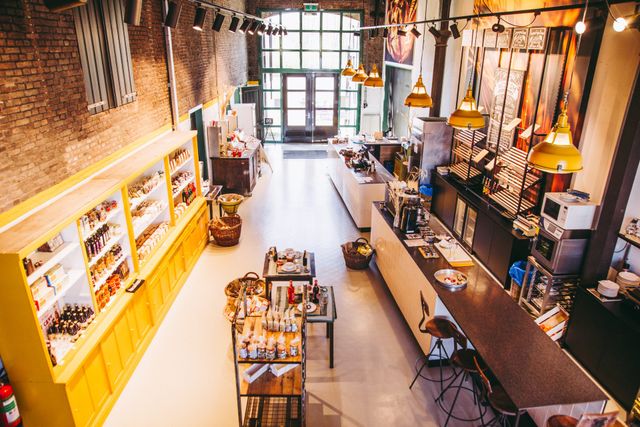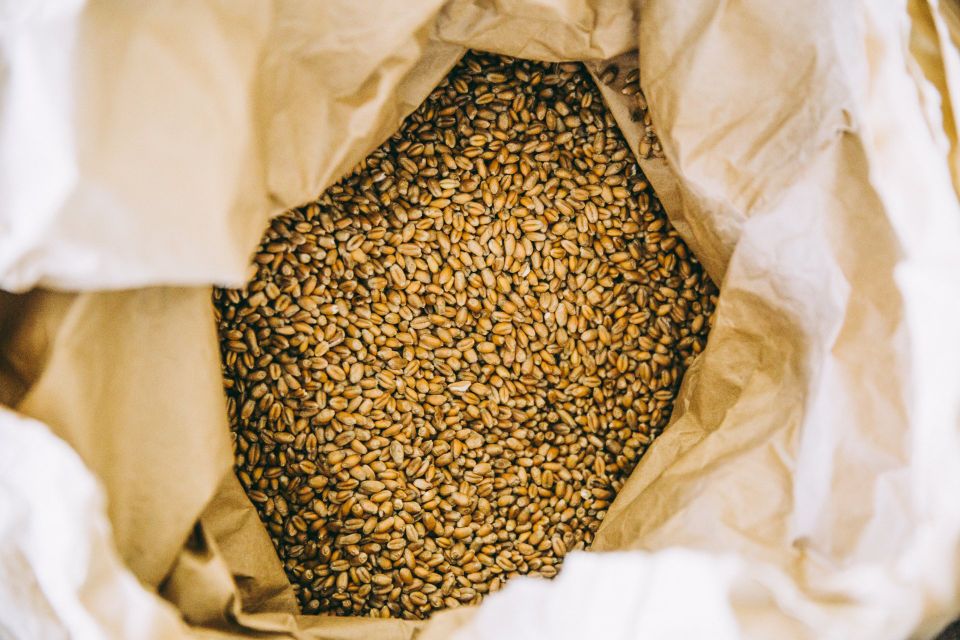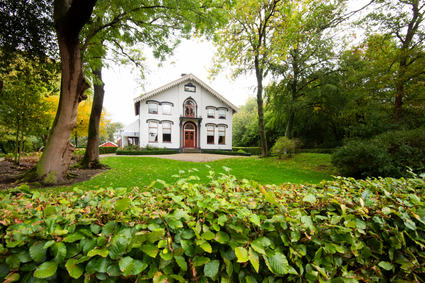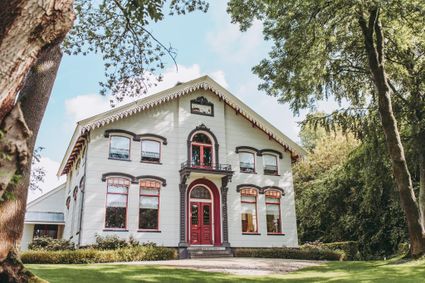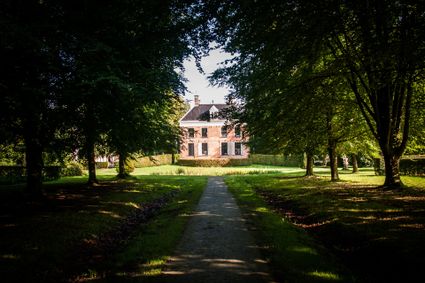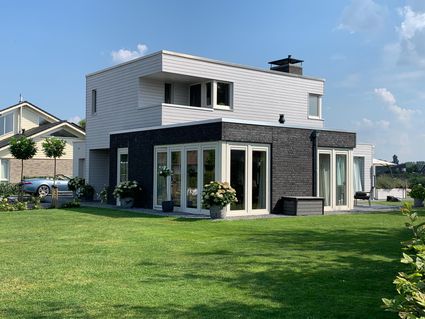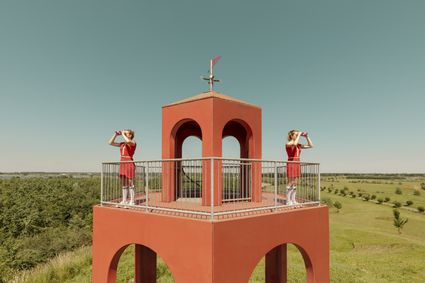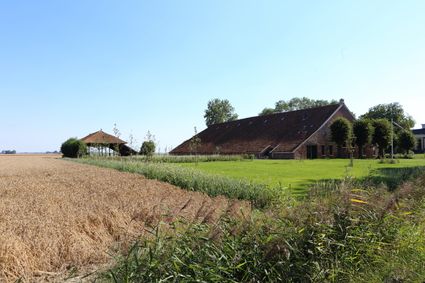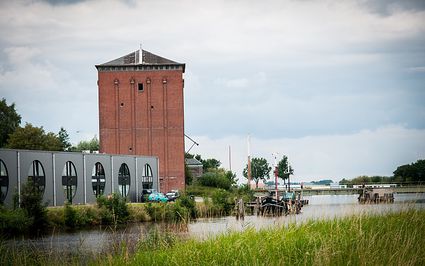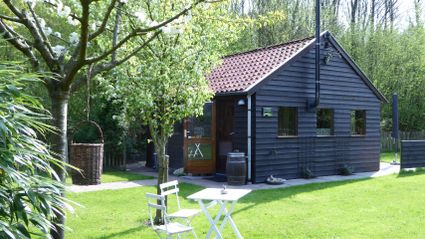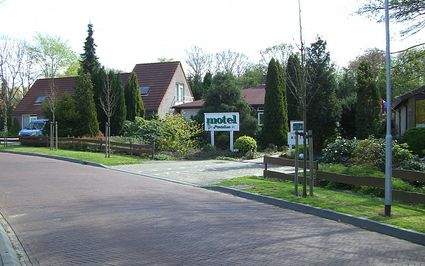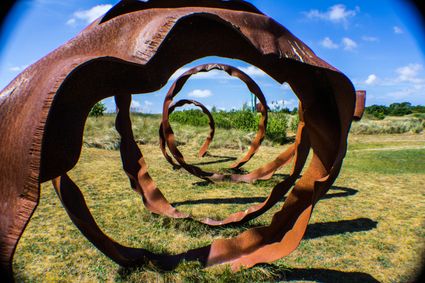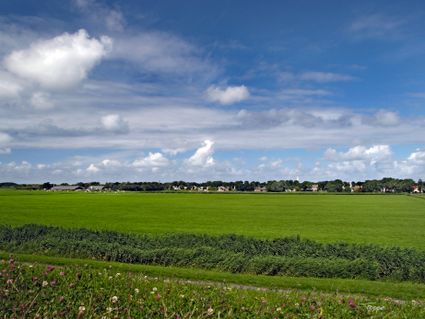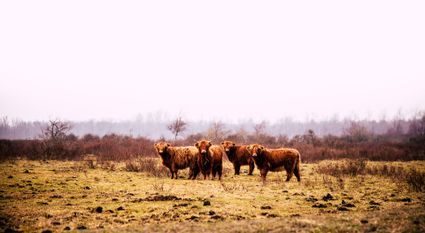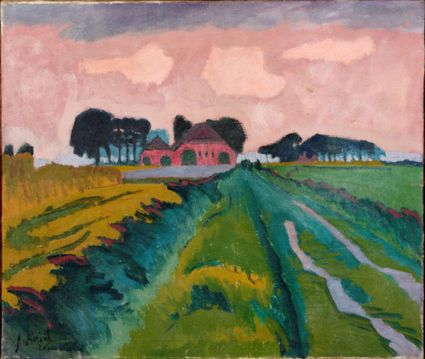Oldambt: the grain republic
The Oldambt is the land of grains and infinite horizons. Of majestic manors with their meandering gardens. It is also the land of contrasts; in the landscape and, for a very long time, in society.
The golden grain
Oldambt and grain are practically synonymous. But until 1766 farmers along the Dollard mainly raised cattle. In that year the area was struck by rinderpest, killing all of the livestock in just a matter of years. Buying new cows was a huge investment, so the farmers switched to grain. A smart move.
Before the end of the century, during French times, the price of grain skyrocketed. Land was cheap and farmers were allowed to keep any land they reclaimed from the Dollard. Labour was also cheap. The population was expanding rapidly and all those mouths had to be fed. This combination of circumstances meant that grain farmers became richer while land labourers became poorer. This is one of the reasons for the origin of the 'red triangle', as the communist villages of Finsterwolde, Beerta and Nieuweschans were often referred to. It also explains the establishment of a new communist party here when the national CPN merged into Groen Links (the green party).
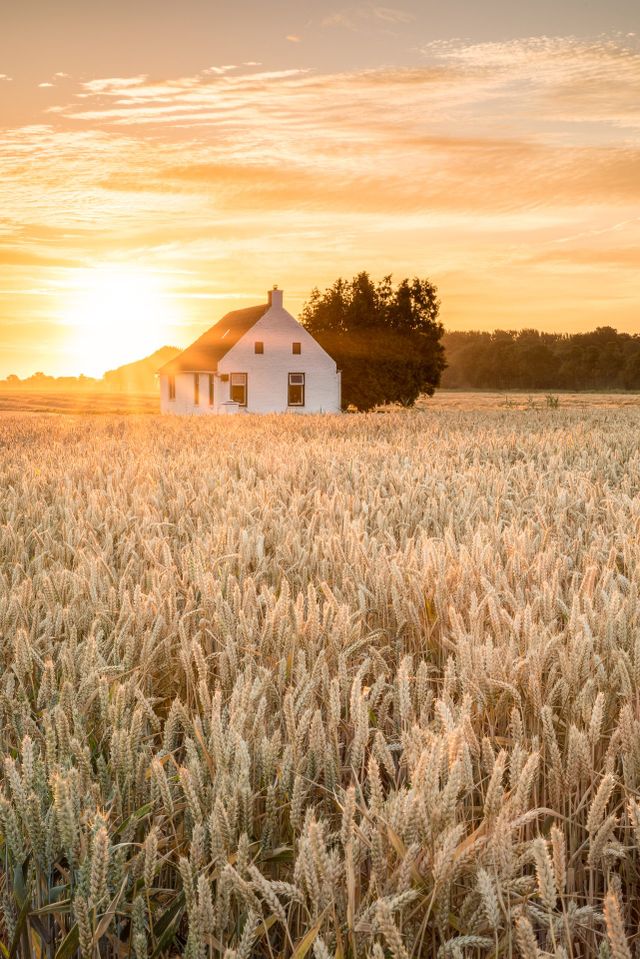
Graansmaaklaboratorium
The Graanrepubliek gained national fame from the book by Frank Westerman from 1999. Westerman wrote about the rise and fall of the grain barons and the influence of Groningen's Minister of Agriculture and Euro Commissioner Sicco Mansholt (1908 – 1995), a son of socialist gentleman farmers. His father was a provincial council member and representative for the SDAP (Social Democratic Labour Party) and his mother, Wabien Mansholt-Andreae, was one of the first female political scientists in the Netherlands. As Euro Commissioner Mansholt laid the foundation for the common European agricultural policy.
In recent years a modest revolution has been taking place in the grain republic. Not rich versus poor this time but regarding the transition of agriculture. Several grain farmers are working on sustainable food sources, a new and delicious food chain in harmony with nature. They are therefore cultivating old fashioned types of grain that are richer in flavour.
The headquarters of this agricultural revolution are located in Bad Nieuweschans. From the summer of 2021 the former steam train depot will be home to a co-op where farmers collaborate with food makers, including a bakery, a distillery and a malting plant. Discover this flavour lab in the beautifully renovated train depot in Bad Nieuweschans.
